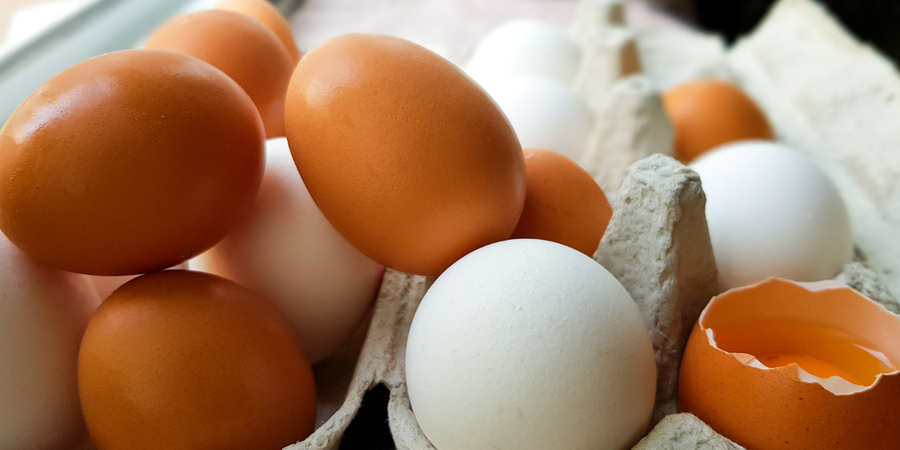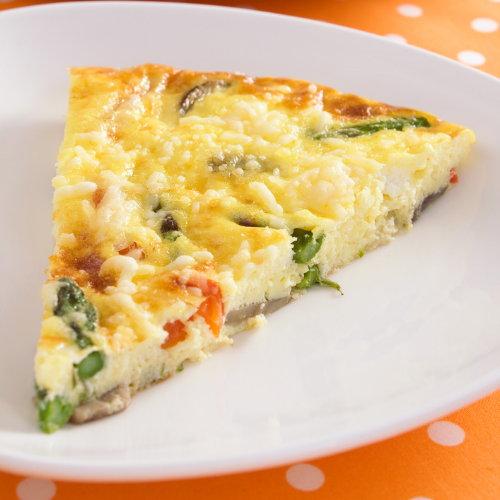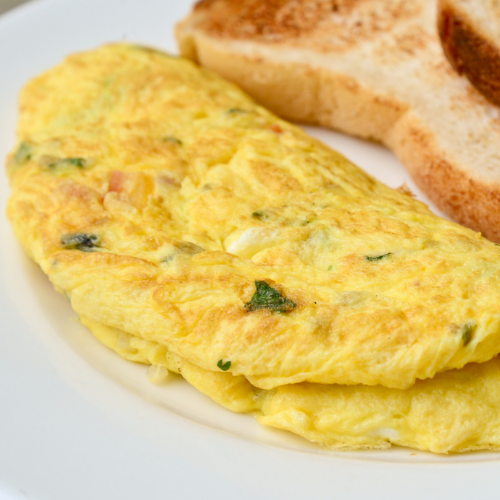
Perfectly Poached Eggs
Poaching an egg may seem complicated. However, a simple saucepan and slotted spoon are the only utensils needed for superb poached eggs. Follow these 3 easy steps and get ready to put an egg on everything!
Lindsey Sexton
Social Media Coordinator
Phone: 501-671-2398
Email: arsnaped@uada.edu

Despite they're poor reputation decades ago, eggs are an excellent source of protein,
multiple B vitamins, vitamin E, iron, zinc, and magnesium. Read on to find out why
eggs are actually eggstraordinary!
Eggs are an excellent source of protein, multiple B vitamins, vitamin E, iron, zinc,
and magnesium. Eggs provide a “complete” protein, meaning they contain all nine of
the essential amino acids. Amino acids make up the building blocks of muscle tissue.
B vitamins give us energy, help our nervous system function properly, and help our
bodies form red blood cells. Vitamin E and zinc also aid in cell repair and growth.
Our bodies use iron to carry oxygen in the blood. Magnesium is essential for building
bones and releasing energy from muscles.
Most eggs reach the supermarket shelves just one day after being laid! Always purchase
eggs stocked in a refrigerated case. Any bacteria present in an egg can grow quickly
at room temperature. Choose Grade A or AA eggs with clean, uncracked shells. When
purchasing egg products or substitutes, look for containers that are tightly sealed.
Don't buy out-of-date eggs. Look for the USDA grade shield or mark. Graded eggs must
meet standards for quality and size. Choose the size most useful and economical for
you.
Take eggs home immediately and refrigerate them at 40 °F or below. Keep eggs in their
carton. Place them in the coldest part of your refrigerator, not in the door. With
concern about Salmonella, eggs gathered from laying hens should be refrigerated as
soon as possible. After eggs are refrigerated, they need to stay that way. A cold
egg left out at room temperature can sweat, which facilitates the movement of bacteria
into the egg and increases the growth of bacteria. Refrigerated eggs should not be
left out more than 2 hours for any reason.
Many cooking methods can be used to cook eggs safely including poaching, hard boiling, baking, scrambling, and frying. However, eggs must be cooked thoroughly until yolks are firm. Scrambled eggs should not be runny. Casseroles and other dishes containing eggs should be cooked to a safe minimum internal temperature of 160 °F. Use a food thermometer to be sure.
Some of our favorite egg recipes are linked below:

Poaching an egg may seem complicated. However, a simple saucepan and slotted spoon are the only utensils needed for superb poached eggs. Follow these 3 easy steps and get ready to put an egg on everything!

Scrambled eggs on the stove are an easy and popular dish for breakfast. Learn how
to make fluffy and light scrambled eggs in just three easy steps.

Are you a fan of breakfast casseroles? Making a frittata is easier than you think. With its blend of colorful vegetables and fresh eggs this meal is great for breakfast, brunch, or supper. This simple method along with any vegetables you have on hand just may become your new family favorite.

Ready to elevate any meal? Put a fried egg on it! Learn how to fry an egg by following these simple steps. Even if you mess up the first few times, they'll still taste delicious!

Do omelets seem a bit beyond your cooking comfort zone? While they do take a bit of practice, they taste great no matter your skill level. Try this basic omelet for one recipe then venture out with variations of your own.

A quiche is a great way to use up any fresh, frozen, or canned vegetables you have on hand. Have your peppers begun to wilt? No worries! Once they are washed, chopped, and sautéed, you'll not be able to taste a difference.